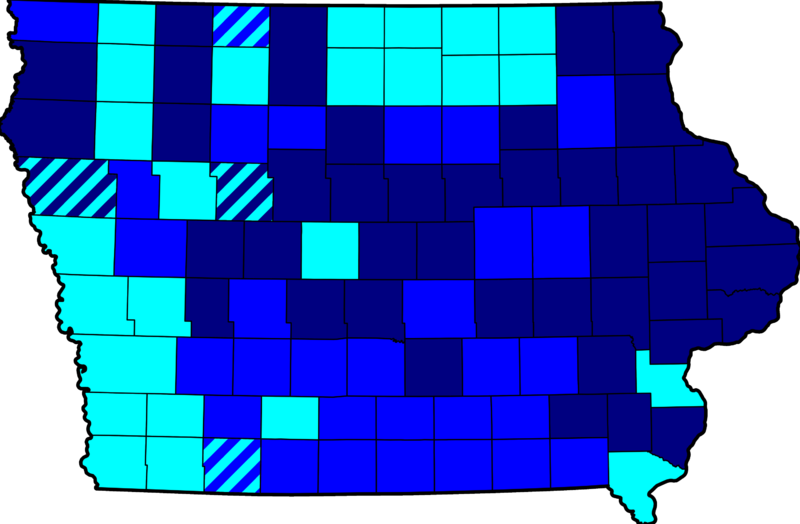Iowa Caucus 2020: A Mess to Remember
On February 11, 2020, the Iowa Caucus began the primary season that works towards the Democratic National Convention in Milwaukee, where voters will crown a nominee to run for President of the United States of America.
This nominee will inevitably run against Donald Trump of the Republican Party, the 45th President, as he is unparalleled among the Republicans.
Among the candidates running for the Democratic nomination are former Mayor of South Bend Pete Buttigieg, Massachusetts Senator Elizabeth Warren, Vermont Senator Bernie Sanders, former Vice President Joe Biden, Minnesota Senator Amy Klobuchar, Multi-Billionaires Tom Steyer and Michael Bloomberg, Hawaii’s 2nd Congressional District Representative Tulsi Gabbard, and two current dropouts who were still running in Iowa, former Massachusetts Governor Deval Patrick and Colorado Senator Michael Bennet.
This is a rather large pool of candidates running, all for the Demoratic nomination. At one point, there were ten candidates on the debate stage, excluding the other six candidates, for a total of way too many candidates for this Democratic Party to maintain sanity.
This year’s Iowa Caucus was unsuccessful after many people had difficulty using the designated app that was built to collect and report the votes. Historically, this Caucus lasts many hours and works late into the night.
This app was installed to make it easier for people to vote; the intent was to allow people to leave sooner than prior years, selecting their candidate through their phones and returning to their homes in less than twenty minutes.
However, this app froze during the process, which some speculate lost previously submitted votes. Officials were not able to tabulate all the results on the actual evening of the Iowa Caucus, so they waited until the end of the week to have 100% reporting of the results. The alleged winner was former South Bend Mayor Pete Buttigieg by a slim margin, earning the most delegates (11) and leading all of the candidates as they ventured out to New Hampshire for their primary.
A few things came from this opening primary. First, Iowa always fights for the first spot in primary season and has held this position since 1972, nearly 40 years. The last three presidential years, this particular caucus has had its share of troubles—this year especially. Second, there is a lot of doubt as to whether or not Buttigieg was the true winner. Some theorize that not all votes were included from the app, while others believe the win resulted from biased voting that led to a different outcome.
Many think Iowa’s should stop the Caucus, due to their recent historical flops as the opener to the season, and that they should instead hold a closed primary as opposed to the current chaos of the open Caucus.
There is a lot to take into account after leaving this Caucus, but one should know it was messy and there are no true, definitive answers from the meeting. As Buttigieg continues to lead into New Hampshire, he only has one more delegate than Bernie Sanders, who many think was the true winner, polling in the lead before the results were announced.
The candidates are now back to work trying to gain as many delegates as possible before heading into Super Tuesday, a day that is sure to end many campaigns and propel others into the spotlight, leading to Milwaukee later this year to secure the Democratic Party Nomination.
The journey has only just begun.

Quinn is a senior and is excited for his fourth year on the Harriton Banner, and his second year as editor of the Science & Tech section. Other than...


